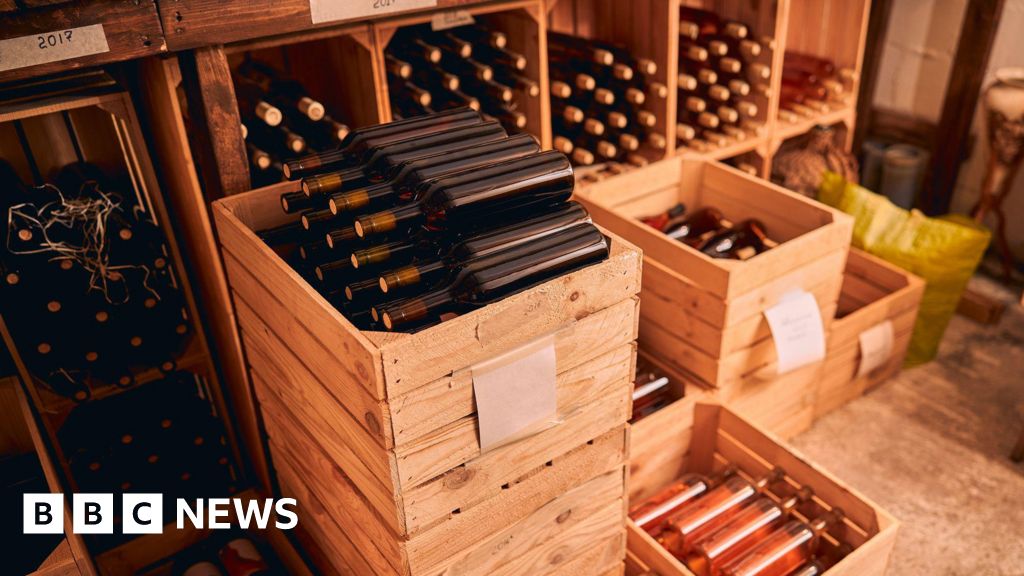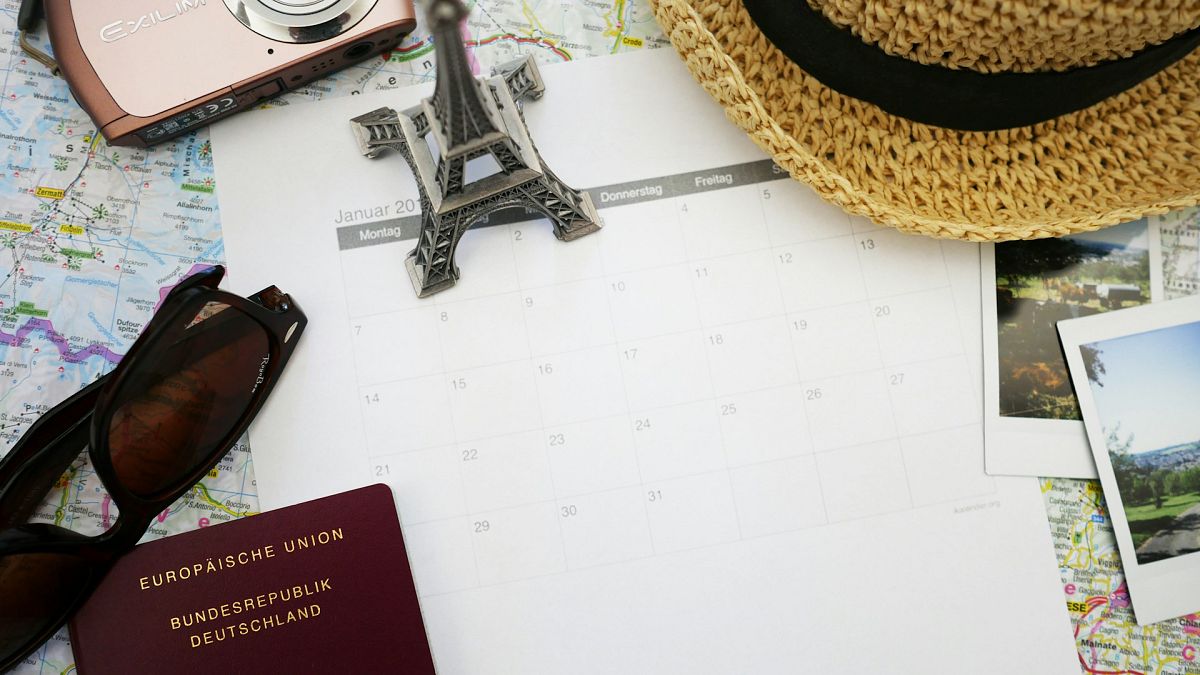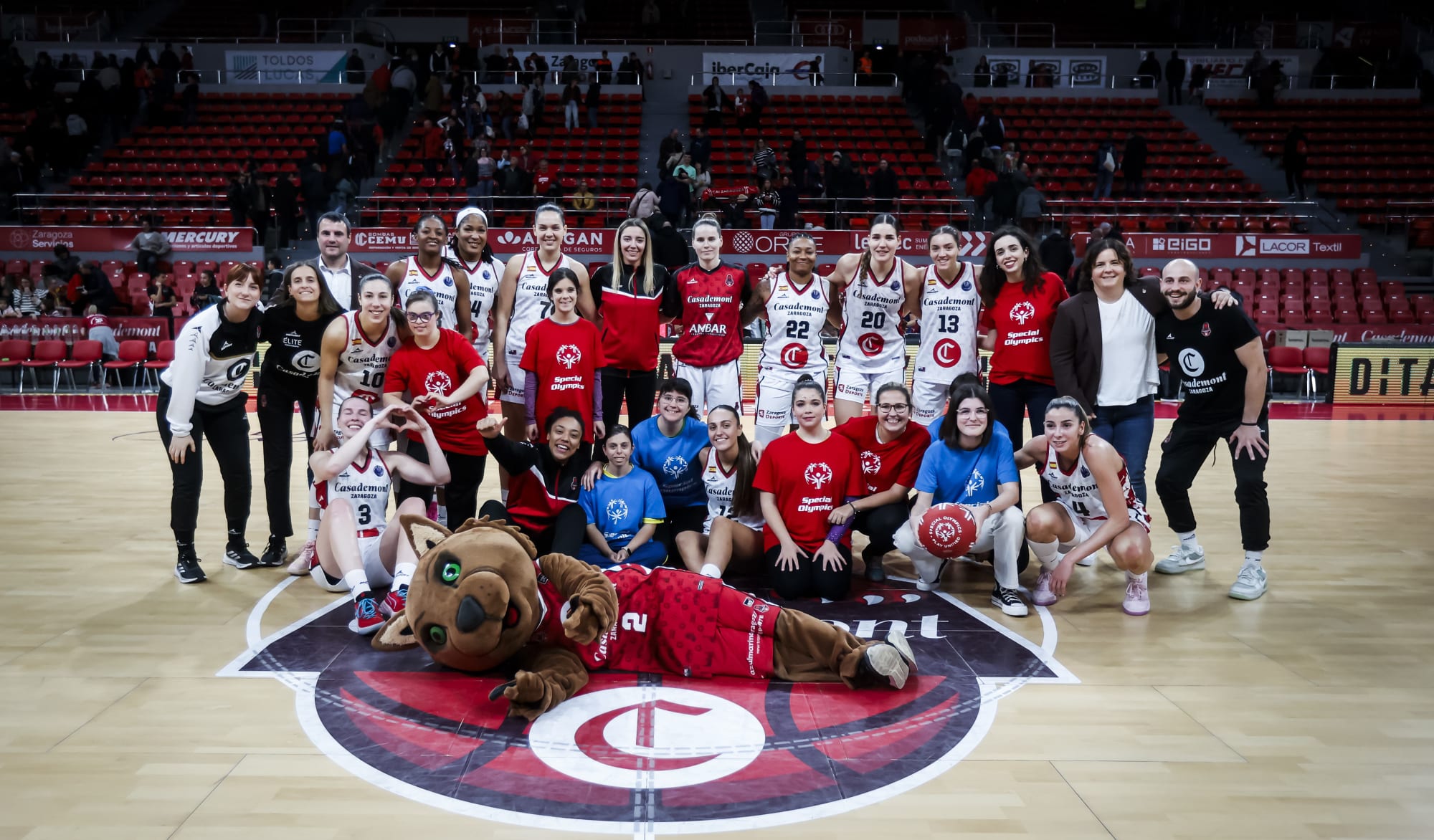Entertainment
Fake vintage wine gang busted in France and Italy, police say

French and Italian police say they have broken up an international fraud ring that was passing poor quality bottles of wine off as vintages worth up to €15,000 (£12,500) each.
Six people – including a Russian national who is the suspected ringleader – have been arrested in Paris, Turin and Milan.
They are alleged to have fabricated fake labels representing famous French vineyards, which were then sold at full market value through wine traders around the world.
The group earned €2m from the fraud, French prosecutors said.
A French national has been charged with organised fraud and money laundering.
The suspected ringleader, a 40-year-old Russian national, would also be charged, prosecutors said.
In a press release, Europol said items recovered during seizures included a “large amount of wine bottles from different counterfeited Grand Cru domains, wine stickers and wax products, ingredients to refill wine, technical machines to recap bottles, luxurious goods”, as well as electronic equipment valued at €1.4m and over €100,000 in cash.
Wine fraud has existed since wine was invented.
Until a few years ago, in France, it was at a fairly manageable level – a few dedicated experts counterfeiting labels and wax seals in order to pass basic wine off as something fancier.
But over the last decade, things have changed.
The prices fetched by the best grand crus on the world market are now so high – thousands of pounds a bottle – that it has become profitable to conduct the fraud in a much more organised way.
The centre of this kind of fraud is said to be Italy. That is because they have the wine know-how there: artisans who understand labelling and old bottles and corks; and also a criminal underworld that is prepared to invest.
Today, one wine auctioneer told me, the counterfeiting of old bottles and labels is so skilful that even the vineyards themselves are often unable to spot a fake.
And with some buyers then storing the wine for years, they may never find out it is a fake.
With international buyers, especially in China, willing to spend £20,000 or more on a top-quality bottle, the criminal temptation to create the perfect bottle – then fill it with rubbish – is for some too big to resist.










